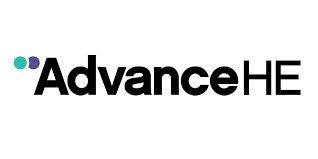Students’ own beliefs in their own competence, intelligence and skills play an important role in their learning experience, engagement and performance and in the way they experience setbacks.
Disadvantaged students, when they excel and manage to secure a place at university, despite all the barriers and challenges they have faced, are often labelled ‘gifted’. However, this label may emphasise the importance of students’ innate abilities over cognitive ones, emphasise talent over hard work, perseverance and resilience. It may imply effortless achievement, foster a fear of failure and lead to students avoiding challenges and lack of effort, and as a result, create significant barriers to learning.
Carol Dweck, a Professor of Psychology at Stanford University and a pioneering researcher in the field of motivation, looked at the origins of the mindsets that people adopt, their role in motivation and self-regulation, and their impact on achievement. People with a fixed mindset approach believe that their intellectual abilities are fixed, while those with a growth mindset approach believe that abilities can be developed. According to Dweck, ‘the view you adopt for yourself profoundly affects the way you lead your life. It can determine whether you become the person you want to be and whether you accomplish the things you value’.

